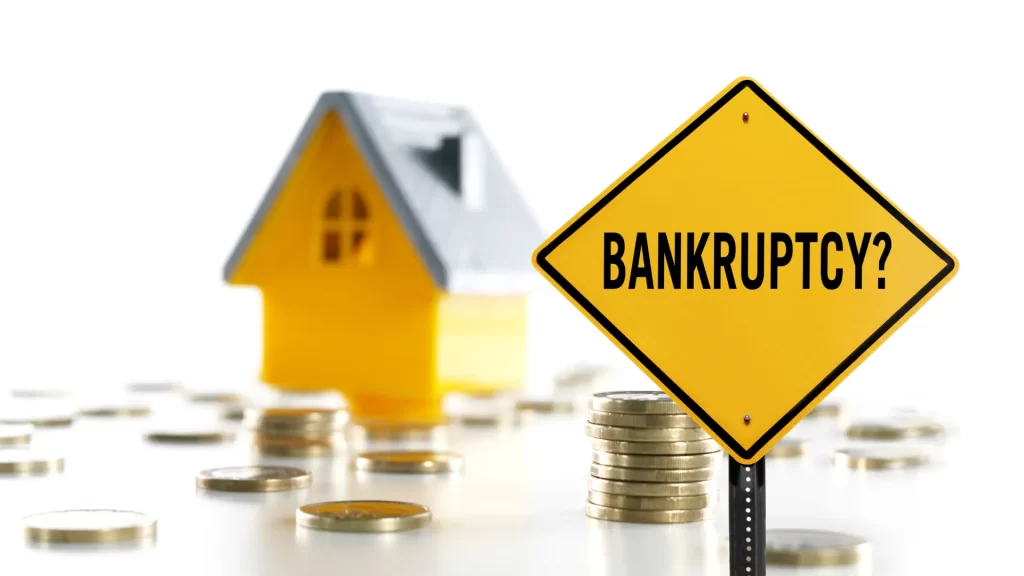One of the most common questions asked of individuals and businesses alike struggling with debt is what happens when you declare bankruptcy in Texas. Many hear about how the process can help eliminate debt, but worry about the long-term implications. It’s true that it can give you a fresh financial start, but it’s not an overnight solution. The whole process involves careful planning and decision-making to safeguard your credit, assets, and future.
If you are considering the merits of bankruptcy, it’s important to connect with an Irving bankruptcy lawyer. They can help you better understand which options would be a strong fit for your financial struggles. After looking into your qualifications and mutually agreeing on next steps, they will help ensure you are fully aware of what happens before, during, and after you file, to keep you in the loop at all times.

While many people try to avoid bankruptcy as much as they can, even to the point of keeping themselves in an impossible situation, it doesn’t need to always be seen as a last resort or a point of failure. Many people and businesses use it as a tool to start over.
In fact:
The prevalence of these numbers is not a sign of failure, but rather how many people have engaged in this strategic reset to get themselves back on the right track.
There are a number of steps that must be followed to help assess your financial situation and determine exactly how your debts will be handled.
A simplified overview includes:
There are several different bankruptcy options to ensure you have an option that suits your needs. Deciding which one would be a good fit for your situation largely depends on your annual income, debt, and long-term goals.
For instance:
A: Individuals who file for Chapter 7 bankruptcy in Texas will not always lose their house. Work with your attorney to see what protections exist or arrangements you could pitch to help keep your home. However, if you are behind on mortgage payments or have significant equity beyond what is protected, your home could be at risk. The final outcome will depend on your current finances and how difficult it would be for you to stay current on your payments.
A: There are a few key reasons why someone might be disqualified from filing for bankruptcy. The most common reason is if they have recently been discharged from another bankruptcy request that was approved. You can’t just do the process again right after the first time if you quickly generated new debt. It would also be challenging to be approved if you failed to complete the required counseling or were caught trying to hide assets from consideration.
A: The specifics of what you will lose will depend on what type of bankruptcy you move forward with and your financial status. Those who choose Chapter 7 will lose non-exempt assets to help pay off creditors, which could include a second home, valuable collectibles, or vehicles with substantial equity. Chapter 13 would allow you to keep your assets but take a hit to your credit score during the repayment process.
A: No, filing for bankruptcy will not permanently ruin your credit. While it can remain on your credit report for up to 10 years, many people are able to begin rebuilding their credit much sooner. By using secured credit cards, keeping your payments on time, and living within your means, you can help get your credit score back to where you want it to be. Over time, new lenders will consider your new financial behavior over your past.
If you are considering bankruptcy as an option to secure a financial restart, contact our firm today. How you move forward matters, and we can help ensure you avoid all of the common pitfalls to maximize the financial benefits you can receive from this process.




